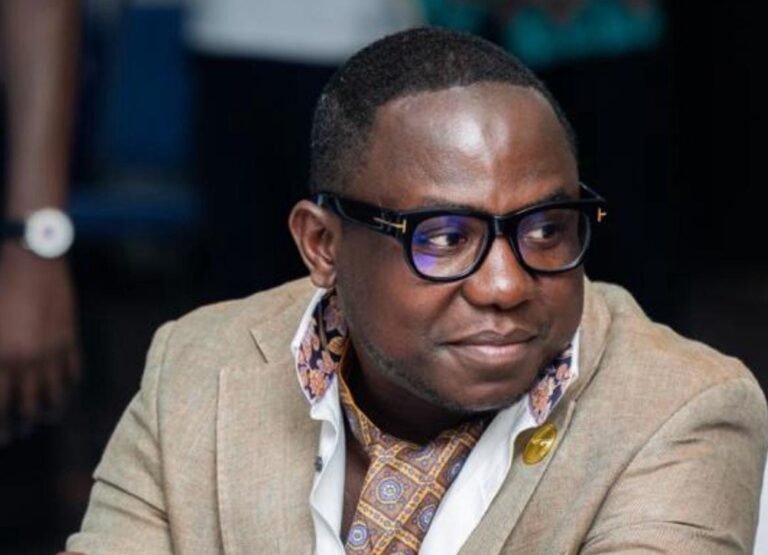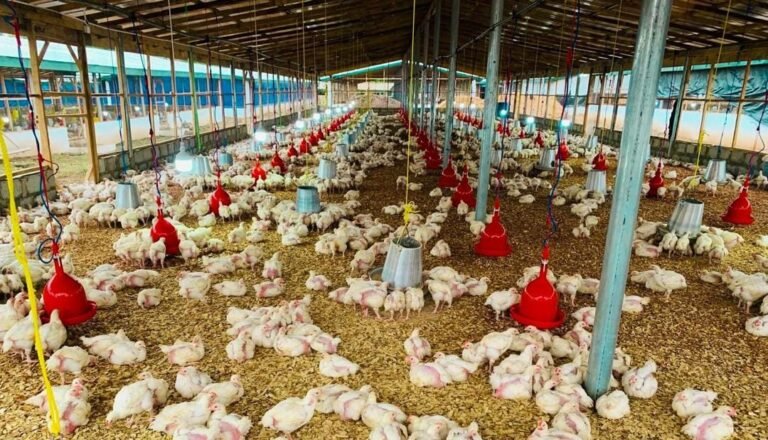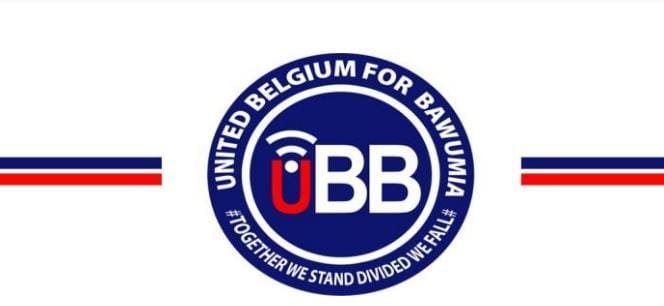
Dr. Paul Herzuah
In 2017, His Excellency, Nana Addo Dankwa Akufo-Addo, made a profound appeal to Ghanaians during his inaugural address as the 5th president of the 4th Republic when he said, ‘I ask you all to be citizens not spectators’. This appeal appears to have caught on well with Ghanaians judging from recent events happening in the country.
Recent events in Ghana have shown that more Ghanaians have moved away from sitting on the fence and are becoming increasingly probing on government business, thereby holding government accountable in diverse ways. In recent times, Ghanaians have seen an upsurge in demonstrations and strikes of various kinds with protestors pushing home their grievances to be met by the government in one way or the other.
Whilst it is true that these demonstrations occur quite frequently during election years, it is also true that Ghanaians are becoming more aware of their right to hold government accountable for their stewardship, commitment and social contract with the people of Ghana. This is a hallmark of a vibrant democratic environment and citizen vigilantism. The notion of vigilantism engenders heightened awareness and active enforcement of social order. Actors in vigilantism are ordinary private citizens whose actions are usually voluntary, and may find expression in a social movement. Vigilantism of any kind occurs when an established order is under threat and therefore targeted at controlling social infractions by offering assurances or guarantees of security both to participants and to others (Johnstone, 1996).
Issues of national interest
In Ghana, evidence of citizen vigilantism is on the increase. The Ghanaian public is becoming more active and expressive on a variety of issues concerning national interest. The ongoing clamour for the fight against galamsey is a classic example. This agitation, undoubtedly, has been spearheaded by the media: print, broadcast and social media. We have seen concerning images of the negative effects of galamsey on several media platforms, particularly on social media which has galvanized a cross section of Ghanaians, including civil society organizations, organized labour, various religious bodies and other associations to protest.
As a result, there is greater awareness and appreciation of the problem at hand. First, it is important to give credit to the NPP government for largely allowing freedom of speech, association to persist in the country. Now, it is commonplace for anyone, group or association to notify the police of an impending demonstration and in most cases police escort is assured the demonstrators once they agree to the rules and guidelines offered by the police regarding the routes to be taken.
We have also seen an upsurge of picketing at government offices such as the ministries by various groups and association to press home their demand for their needs to be met. Strikes have also been frequent. The bottom line here is that Ghanaians are now growing more vigilant than ever before in holding government accountable with respect to management of issues in the country. This has been made possible thanks to the current government providing the enabling environment in the form of freedom of speech, association and the right to demonstrate.
Agenda setting & citizen vigilantism
Media’s greatest asset is its agenda setting role. The media, through its agenda setting, shapes public opinion by determining which issues are given the most attention or which issues become the focus of public attention. That is the mass media sets agenda for what people should care about. Through agenda setting, Media lead the public to perceive some issues as more important than other issues.
In recent times, it is noteworthy that the media’s agenda has focused on critical issues facing the nation such as galamsey. In fact, mainstream media, print and broadcast, have highlighted national issues very well, thereby setting agenda to shape public opinion. I have seen some notable media stations make galamsey their number one agenda on their news networks, hitting the subject around the clock in a relentless fashion.
The subject matter of galamsey as a media agenda is even more pronounced on various social media platforms where concerned citizens show disturbing images of the effect of galamsey and engage in conversations on other critical national issues. The result is increased advocacy, awareness, and better appreciation of the issues discussed. These notwithstanding, I wish to sound a note of caution that whilst we commend the media for executing their agenda setting mandate dutifully, it is equally important that the media take steps to avoid setting myopic and self-serving agenda that seeks to target groups, public institutions or even the government unduly. Such agenda setting only seeks to galvanize the public to react in a way that could lead to civil strife.
The next Ghanaian government & citizen vigilantism
Thanks to vibrancy of the Ghanaian mainstream media and social media, Ghanaians are now well informed more than before of happenings in the country. Government business is increasingly coming under public scrutiny each day by the citizens of the country. The government is increasingly being pressurized by the public to be more transparent in its dealings. We have seen opposition MPs, particularly Honourable Ablakwa, constantly bringing out ‘deep’ information unto the public domain, thereby keeping Ghanaians informed of government business.
Apart from this, the Right to Information Law (RTI), which the NPP government so graciously and boldly activated, has empowered Ghanaians to seek for information on almost every subject matter regarding governance and other crucial information on social life. In the last few years since its passage, more and more Ghanaians, particularly members of the media fraternity, through the RTI, have gained access to crucial information which hitherto could have been impossible to attain. This, alongside plethora of information from mainstream media and social media, has made the Ghanaian more informed, aware and vigilant ever than before. What does this mean? Going forward, the next Ghanaian government to be elected in 2025 would have to brace itself to face a prying and a vigilant Ghanaian public.
There is bound to be more public scrutiny of government business which should elicit astute response from government. In the light of this, the next Ghanaian government should be more transparent and consultative in its dealings. Government communication should be regular, consistent and devoid of ambiguities. The security services, particularly the Ghana Police, should continue to engage protestors in a more professional and civil manner as they have been doing lately.
In fact, I doff my hat off for the leadership of the police service on this. Whether we like it or not, 2025 and beyond will witness more of such public agitations because of the public’s access to critical information, thanks to the media’s agenda setting role. In the light of this, the next government of Ghana would have to be more transparent and dutifully engaging with the public in order to reduce the incidence of demonstrations, strikes and other civil strife.
The writer is a political and media communications expert, and a lecturer at the Faculty of Journalism and Media Studies at the University of Media, Arts and Communication (UniMAC).






